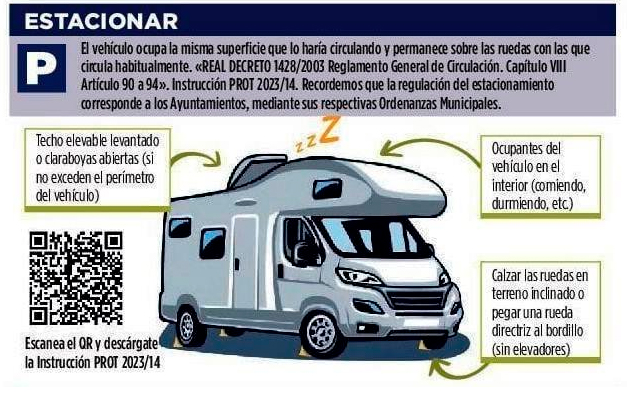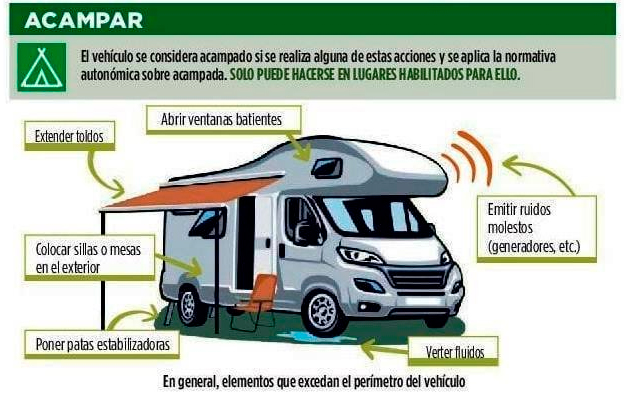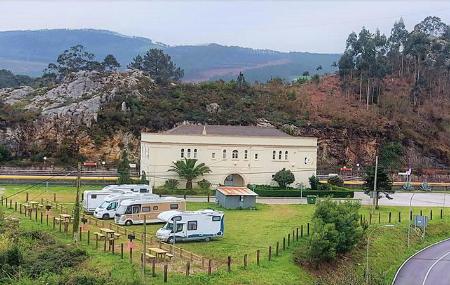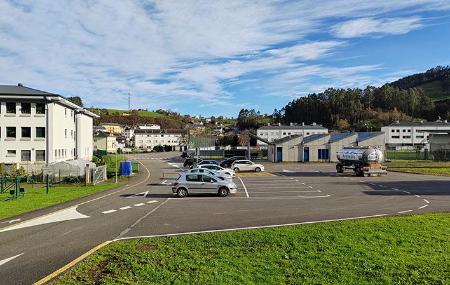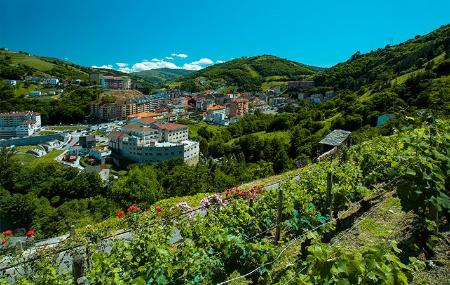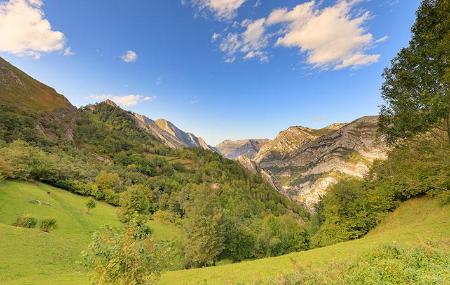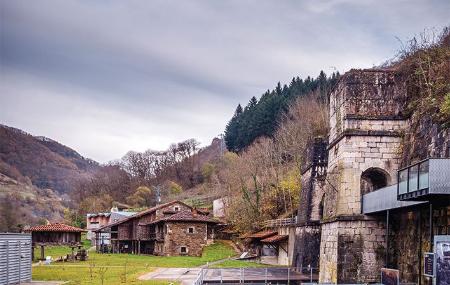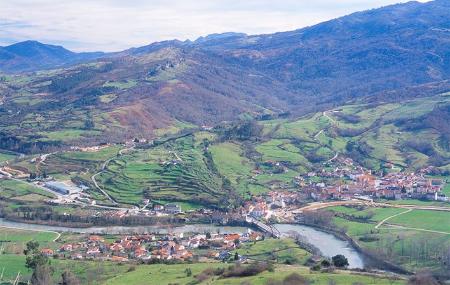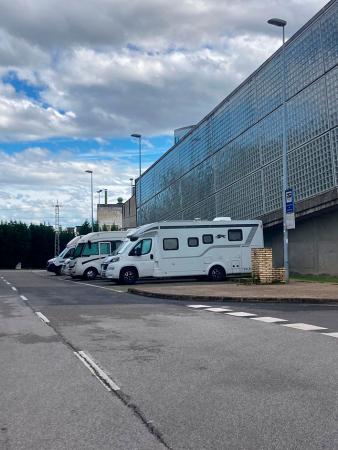Asturias is an ideal destination to enjoy in many ways, and one of them is motor caravanning. The region is increasingly prepared to meet the demand of lovers of this modality, and currently more than twenty areas provide coverage for motorhomers, who can also use the existing network of campsites in the Principality.
Responsible and sustainable motorhome travel
How can we be more efficient and environmentally sustainable when we travel by motorhome? Well, with some basic rules of behaviour that have been drawn up by the Principality of Asturias Motorhome Club(opens in a new tab) and that anyone can do without too much effort, but above all by applying common sense.
Respect the environment we are visiting (flora, fauna, local diversity, etc.). Be careful with the routes or roads that we travel by motorhome, as there are certain areas that are limited, restricted or protected, especially when we are driving on secondary roads or when we are in the middle of nature.
2.- The speed of the vehicle and the number of kilometres we drive each day on our route causes CO2 emissions to vary considerably. It also helps to drive efficiently, with a speed that is not excessive and constant, not exceeding 100 km/h in general, avoiding sudden acceleration and braking.
3.- Use tyres with energy efficiency labels, checking tyre pressure regularly: driving with incorrect tyre pressure is not only dangerous, but also seriously affects fuel consumption.
4.- A good control of our supplies, especially energy and water, if we use them with moderation we will minimise wastage. It is very important to avoid disproportionate food purchases, as there is limited space available, which helps us to take only what is going to be consumed and thus not have to throw away food because it is in poor condition.
5.- Do not waste water. Water consumption should be limited and responsible. We cannot consume the same amount of water as we do at home when we take a shower or when we are cooking. The tank is usually 120 litres and should give us enough for several days on the road.
6.- Generate our own electricity by installing renewable energy systems, especially solar panels, the simplest and most easily accessible format of all. A large majority of these vehicles have these systems incorporated, with LED lighting, reducing the consumption of external electricity or fuel.
7.- To recycle correctly the different types of waste we generate, recycling the rubbish in the right places, even helping with rubbish collection or any other similar activity. Using ecological products for our tanks, for personal hygiene and cleaning helps to take care of and respect nature, and of course a correct emptying of our tanks in the areas prepared for this purpose.
8.- Make responsible, regulated and respectful use of motorhomes and public spaces. A good motorhome traveller is obliged to take care of their surroundings and the ecosystem. If we want to carry out correct sustainable tourism, we must leave the area we have been in better than we found it.
9.- It produces less overcrowding in the most popular tourist destinations, as people who travel in motorhomes focus on local or more rural tourism (empty Spain). Let us be respectful of local activity away from the big franchises, supporting small businesses in each municipality visited.
10.- We should avoid parking near historical monuments or important natural sites so as not to create visual pollution.
11.- Use other modes of transport when visiting cities or large towns. In the case of staying several days in the same place, do not move the motorhome and try to travel to our destinations by public, alternative or green transport.
12. In the summer months, make appropriate use of air conditioning. No matter how short the journey, as soon as we get into the vehicle we usually turn it on, and as a result fuel consumption can sometimes increase by up to 20%.
13.- The same way of acting during the winter with the heating or air conditioning is not so noticeable because it would only increase consumption by 5%, but it is still an increase to be taken into account.
Differences between parking and camping
It sounds simple, but when it comes down to it, it is not so simple. A motorhome is considered a vehicle and at the same time accommodation, hence it can exercise both options, both parking and camping (only in the legal spaces indicated for this practice).
A camper or motorhome is considered to be parked, regardless of the fact that its occupants are inside it, when it is:
- It is only in contact with the ground through the wheels (except on slopes where chocks are justified).
- It does not occupy more space than that of the closed motorhome or camper, without opening windows or invading spaces with chairs, tables, awnings, etc...
- No fluids are emitted, no uncivic behaviour or annoying noises are produced.
